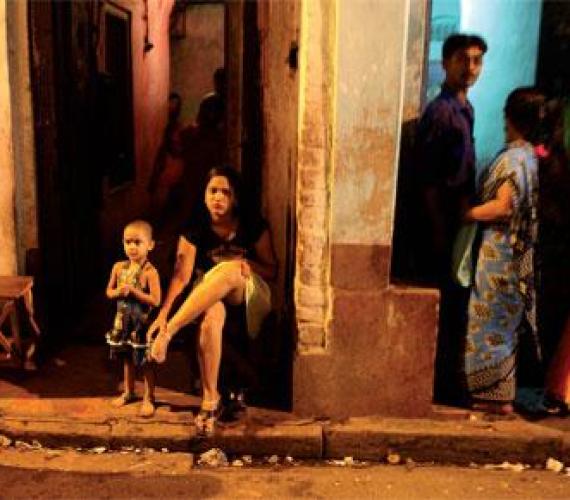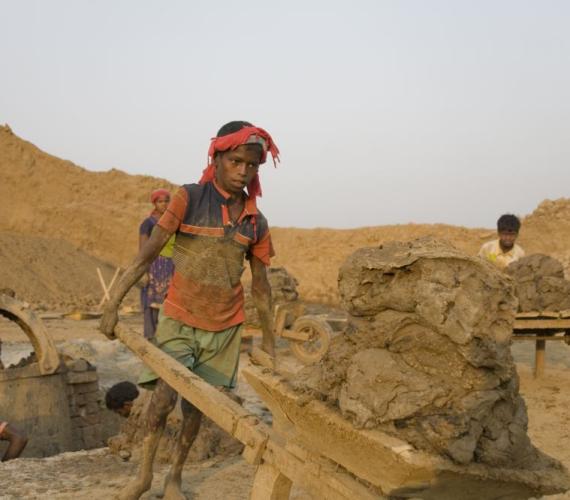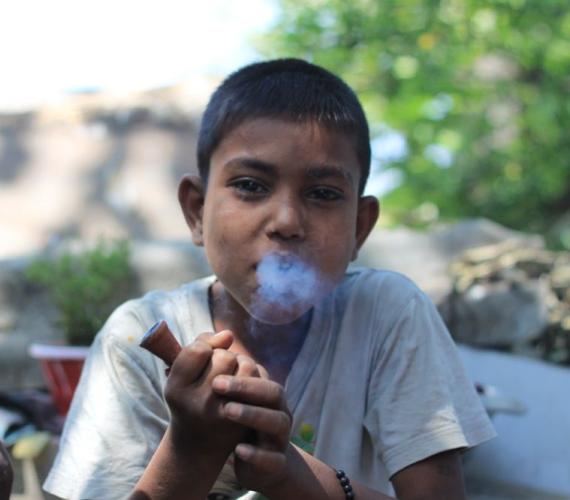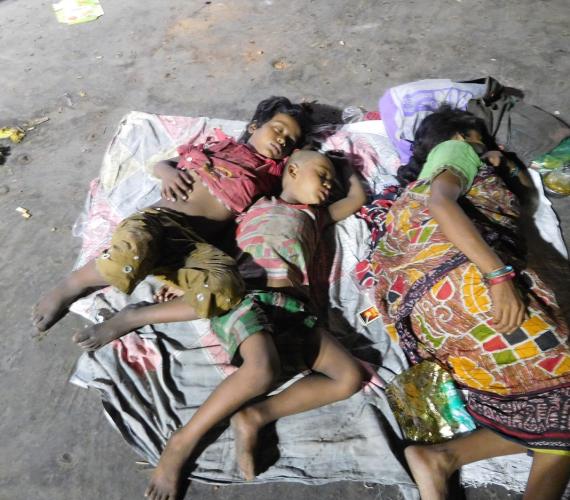Life on the streets
While some street children are orphans, many have been driven from their homes by abuse, family breakdown or extreme poverty. Others are the by-product of the sex industry. From orphans seeking refuge on the station platforms to children living on the pavement with their family begging, every one of these children must fight to survive and has no positive role model to guide them towards a successful life.





